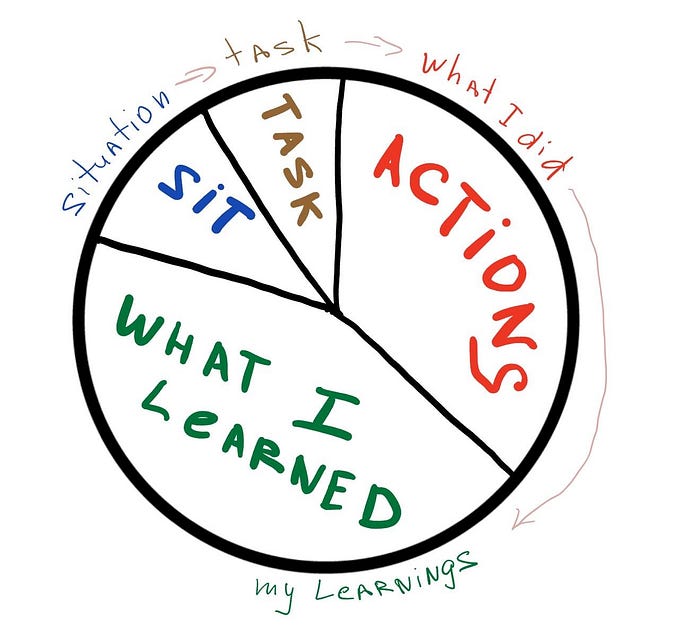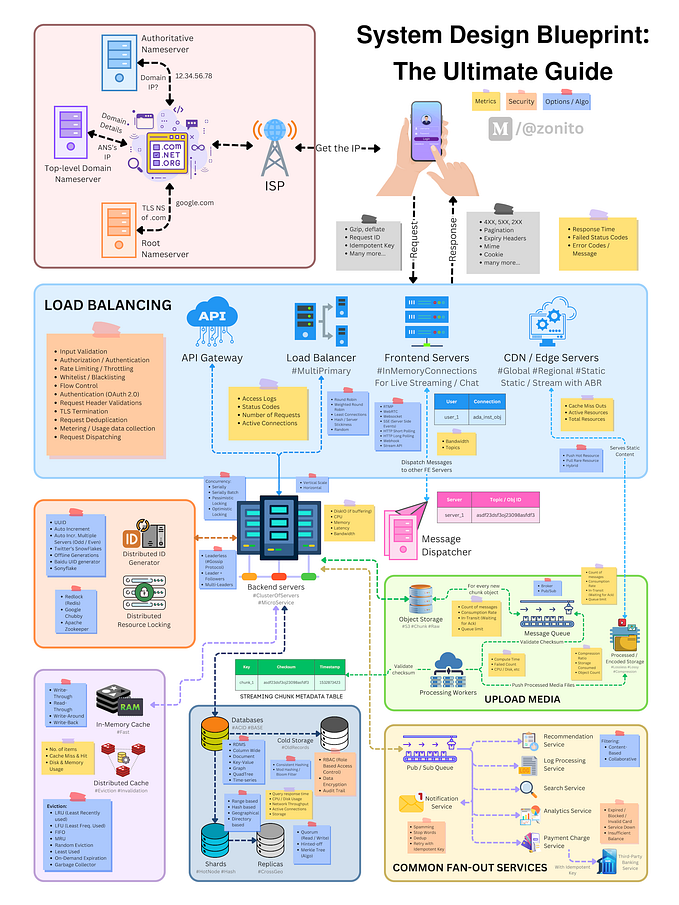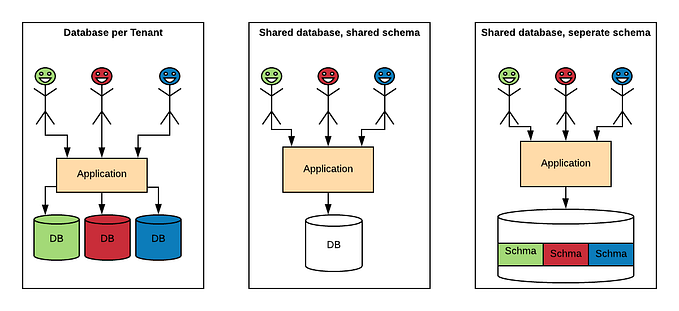How to Stay in the Field and Keep Delivering Quality as a Senior Developer or Architect

As a senior developer or architect, you have probably faced a dilemma at some point in your career: should you continue to code and design, or should you move on to other roles, such as proposal writing, selling, or managing? You may have seen some of your senior colleagues or mentors leave the field and pursue other opportunities, while others remain loyal to their craft and keep improving their skills and knowledge. You may have wondered which path is better for your professional growth and satisfaction.
In this blog post, I will explore and discuss some of the questions and issues that arise from this dilemma. I will also share some tips and strategies on how to stay in the field and keep delivering quality as a senior developer or architect.
Why Do Some Developers and Architects Stop Implementing and Start Doing Proposals or Selling When They Achieve Seniority?
There are many possible reasons why some developers and architects stop implementing and start doing proposals or selling when they achieve seniority. Some of the most common ones are:
- Boredom: They may feel that they have learned everything there is to learn about their domain, and that there are no more challenges or opportunities for growth. They may crave for something new and different, something that will stimulate their curiosity and creativity.
- Burnout: They may feel that they have worked too hard and too long on the same projects, and that they need a break or a change of pace. They may feel exhausted, stressed, or frustrated by the demands and pressures of their work. They may need more balance and flexibility in their life.
- Recognition: They may feel that they are not appreciated or rewarded enough for their contributions and achievements. They may feel that they are overlooked or undervalued by their peers, managers, or clients. They may want more respect, influence, or authority in their organization or industry.
- Money: They may feel that they are not paid enough for their skills and expertise. They may feel that they are not compensated fairly or competitively in the market. They may want more income, security, or stability for themselves and their family.
These are all valid and understandable reasons, and I do not intend to dismiss or judge them. However, I also want to point out that there are some trade-offs and consequences of making this transition, which I will discuss in the next section.
How Does This Transition Affect the Quality of Implementation and Delivery?
When developers and architects stop implementing and start doing proposals or selling, they may affect the quality of implementation and delivery in several ways. Some of the possible effects are:
- Gap between design and execution: They may create a gap between the design and the execution of the solutions, as they may not be involved or aware of the details, challenges, or feedback of the implementation and delivery process. They may also lose the ability to validate, verify, or test their own designs, as they may not have the skills, tools, or time to do so.
- Gap between expectations and results: They may create a gap between the expectations and the results of the solutions, as they may not be able to deliver what they promise or sell to the clients, users, or stakeholders. They may also overestimate or underestimate the feasibility, cost, or value of their solutions, as they may not have the data, evidence, or experience to support their claims.
- Reduced feedback and learning loop: They may reduce the feedback and learning loop of their work, as they may not receive or seek feedback from the users, clients, or peers on the quality, performance, or impact of their solutions. They may also not learn from their own or others’ mistakes, successes, or best practices, as they may not have the opportunity, motivation, or curiosity to do so.
- Reduced innovation and improvement cycle: They may reduce the innovation and improvement cycle of their work, as they may not experiment with new or different technologies, methodologies, or paradigms that could enhance or optimize their solutions. They may also not improve their existing solutions, as they may not have the incentive, resources, or support to do so.
These are some of the possible effects that could compromise the quality of implementation and delivery when developers and architects stop implementing and start doing proposals or selling. Of course, these effects are not inevitable or irreversible, and they can be mitigated or avoided with some strategies, which I will share in the following section.
How Can Developers and Architects Maintain Their Skills and Passion for Implementation and Delivery, Even When They Take on Other Roles or Responsibilities?
Developers and architects can maintain their skills and passion for implementation and delivery, even when they take on other roles or responsibilities, by following some of these strategies:
- Balance their time, energy, and attention: They can balance their time, energy, and attention between coding and designing, and proposing and selling, by setting clear and realistic priorities, boundaries, and expectations for themselves and others. They can also delegate, outsource, or automate some of the tasks or activities that are not essential or enjoyable for them, and focus on the ones that are.
- Keep learning and improving: They can keep learning and improving their skills and knowledge, by staying updated and informed about the latest technologies, trends, and best practices in their domain. They can also seek and accept feedback, coaching, or mentoring from their users, clients, managers, peers, or experts, and use it to improve their work and themselves.
- Keep experimenting and innovating: They can keep experimenting and innovating with new or different technologies, methodologies, or paradigms, by creating or joining side projects, hackathons, or competitions that challenge and inspire them. They can also collaborate or network with other developers, architects, or professionals who share their interests, passions, or goals, and learn from their experiences, insights, or perspectives.
- Keep enjoying and celebrating: They can keep enjoying and celebrating their work, by finding or creating meaning and purpose in their solutions, and how they can make a positive and meaningful impact and value for their users, clients, and society. They can also acknowledge or reward themselves and others for their contributions and achievements, and celebrate their successes and milestones.
These are some of the strategies that can help developers and architects maintain their skills and passion for implementation and delivery, even when they take on other roles or responsibilities. However, these strategies are not enough. They also need the support and encouragement of their organizations and industries, which I will discuss in the next section.
How Can Organizations and Industries Support and Encourage Developers and Architects to Stay in the Field and Advance Their Careers as Master Implementers?
Organizations and industries can support and encourage developers and architects to stay in the field and advance their careers as master implementers by following some of these practices:
- Provide recognition, reward, and respect: They can provide recognition, reward, and respect for the developers and architects who stay in the field and deliver quality solutions, by giving them the credit, appreciation, or gratitude that they deserve. They can also provide them with the compensation, benefits, or incentives that are fair, competitive, or attractive in the market.
- Provide opportunities, challenges, and risks: They can provide opportunities, challenges, and risks for the developers and architects who stay in the field and deliver quality solutions, by giving them the autonomy, authority, or responsibility to make decisions, choices, or changes that affect their work. They can also provide them with the resources, support, or protection to pursue their goals, overcome their obstacles, or mitigate their threats.
- Provide culture, environment, and community: They can provide culture, environment, and community for the developers and architects who stay in the field and deliver quality solutions, by creating or fostering a culture of learning, improvement, and enjoyment, where they can grow, thrive, and have fun. They can also provide them with an environment of collaboration, innovation, and diversity, where they can work, experiment, and interact with others. They can also provide them with a community of peers, mentors, or leaders, where they can belong, connect, and inspire.
These are some of the practices that can help organizations and industries support and encourage developers and architects to stay in the field and advance their careers as master implementers.
Conclusion
In this blog post, I have explored and discussed some of the questions and issues that arise from the dilemma of whether developers and architects should continue to code and design, or move on to other roles, such as proposal writing, selling, or managing. I have also shared some tips and strategies on how to stay in the field and keep delivering quality as a senior developer or architect.
I hope that this blog post has helped you to reflect and decide on your own career path and goals, and to find or create your own balance and satisfaction as a developer or architect. I also hope that this blog post has provided you with some useful and practical advice and guidance on how to stay in the field and advance your career as a master implementer.
Remember, great apps need great people. And you are one of them.









